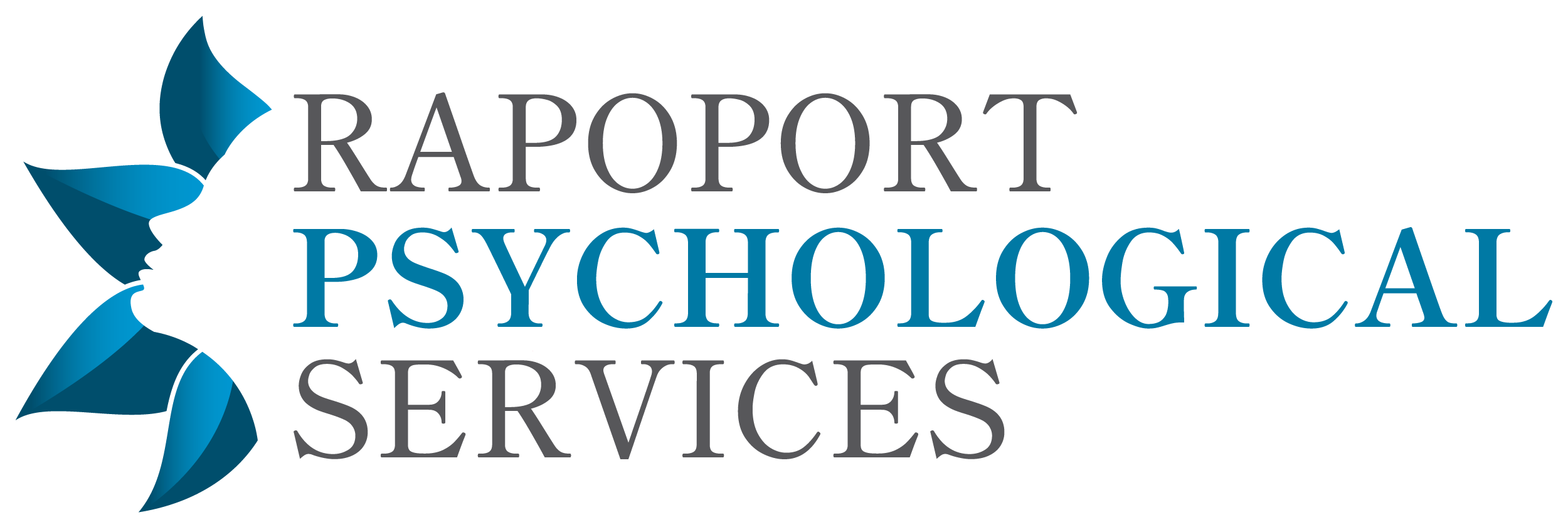Seeking Support in Overcoming Postpartum Depression
Navigating the emotional upheaval after childbirth can often feel like a solo journey, especially when dealing with postpartum depression (PPD). In facing such challenges, you must understand that you're not alone. Thousands of women worldwide grapple with this condition, and there's ample support available to aid you in overcoming postpartum depression. However, taking the first step towards seeking help for mental illness can sometimes be daunting, particularly due to the stigma surrounding therapy for women. This blog aims to guide you through the process, offering encouragement, resources, and strategies to assist you in this vital and transformative recovery journey.
Unpacking Postpartum Depression
Unpacking postpartum depression involves understanding its complexities and acknowledging its prevalence. It's a condition that often manifests as severe mood swings, excessive crying, and feelings of disconnect from your baby, among other symptoms. It's more than just the "baby blues," a milder form of mood disturbances that typically resolves within a week or two. Postpartum depression can begin any time during the first year after childbirth and may last for many months if left untreated. If left untreated, postpartum depression can last for many months, even years.
According to the experts at Harmony Ridge Recovery Center, known for their deep understanding of psychological conditions owing to their expertise in addiction treatment, PPD affects one in nine new mothers. It's vital to remember that this condition is not a character flaw or weakness; it is a serious mental health issue that requires attention and care and can be caused by a variety of factors, such as family history. By understanding the true nature of PPD, we can work towards a more compassionate and supportive environment for affected individuals.
Recognizing the Need for Help
Recognizing the need for help is a significant first step toward healing. It's normal to feel overwhelmed as a new mother, and it's crucial to remember that asking for help is not a sign of weakness but a brave admission of your human limitations. If you're experiencing persistent sadness, difficulty bonding with your baby, or thoughts of harming yourself or your newborn, these are strong signs that you need professional help. Contrary to some societal myths, motherhood isn't always a time of joy. It can be a period of immense struggle and emotional turbulence.
Regular counseling can offer new moms an invaluable lifeline. Postpartum depression counseling provides a safe space to express feelings without judgment, gain coping strategies, and understand the emotional changes you're going through. After all, it's not just about overcoming postpartum depression. It's about empowering yourself to experience the joy of motherhood while maintaining your mental health.
Seeking Support: The First Steps
Taking the first steps to seek support is a commendable stride toward overcoming postpartum depression. Your primary care physician should be one of the first contact points for help. They can provide an initial evaluation and guide you toward appropriate resources, such as mental health providers, therapists, or psychiatrists. Don't hesitate to lean on your personal support networks, family, friends, and support groups. Open communication about your struggles can be cathartic, reducing feelings of isolation and promoting understanding from your loved ones.
Various types of professional support from health care providers are available, from cognitive-behavioral therapy to medication and beyond. Each woman's journey with PPD is unique, and treatment should be tailored to her needs and circumstances. Don't be discouraged if the first approach doesn't work; it's all part of the journey toward finding the right solution.
Navigating Your Healing Journey
As you navigate your healing journey, it's crucial to remember that treating depression requires a tailored, multi-faceted approach. Various treatments are available, from psychotherapy and medication to lifestyle changes. Psychotherapy, or talk therapy, involves discussing your thoughts and feelings with a professional. It can be beneficial in providing you with strategies to manage your symptoms and cope with your situation. In some cases, medication may be recommended by a healthcare professional.
Lifestyle changes can also play a significant role in managing PPD. In addition, patience and self-care are pivotal during this process. It's okay to experience ups and downs, and it's important to celebrate your progress, no matter how small it may seem.
Building Your Support Network
Establishing a strong support network is vital in overcoming postpartum depression. It can feel difficult to reach out to friends and family, but remember that your loved ones want to help. Be honest about your feelings and let them know how they can support you, whether helping with household tasks, babysitting, or simply lending an empathetic ear. In addition to personal networks, consider joining a support group. These groups provide a platform for sharing experiences, gaining advice, and drawing strength from others going through the same journey.
Online platforms can be particularly accessible in lieu of in-person support groups, offering forums, webinars, and community chats. When it comes to professional help, there's a broad spectrum of health care providers, from psychologists to psychiatrists and therapists. Don't be afraid to seek out the best fit for your needs. By nurturing your support network, you are building a foundation of resilience and understanding that can greatly facilitate your recovery.
Sustaining Progress and Maintaining Mental Health
As you progress, sustaining this momentum and maintaining your mental health becomes the next crucial step. Regular check-ins with health care professionals are important, even after you start noticing improvements. This continued care ensures that you're on the right track and allows for adjustments in your treatment plan if necessary. Alongside professional support, it's crucial to establish a self-care routine. That could include carving out time for physical activity, prioritizing a healthy diet, ensuring enough sleep, or setting aside moments for relaxation and mindfulness. Self-care routines significantly improve mental health and can provide a solid foundation for ongoing well-being.
Additionally, continue nurturing a positive mindset. Celebrate your victories, no matter how small, and remember to be kind to yourself. Overcoming postpartum depression is a journey, and every step you take toward maintaining your mental health is an achievement.
In Conclusion
The journey of overcoming postpartum depression is deeply personal and often challenging, but recovery is within reach with the right support and resources. Recognizing the signs, seeking professional help, building a support network, and maintaining progress through self-care and mental health strategies are important. You're not alone in this battle. Reaching out to professionals or your support network is a sign of strength, not weakness. The path may seem daunting, but remember, each step forward is a victory. Keep moving and hoping because there's a light at the end of this tunnel, and you are strong enough to reach it.




